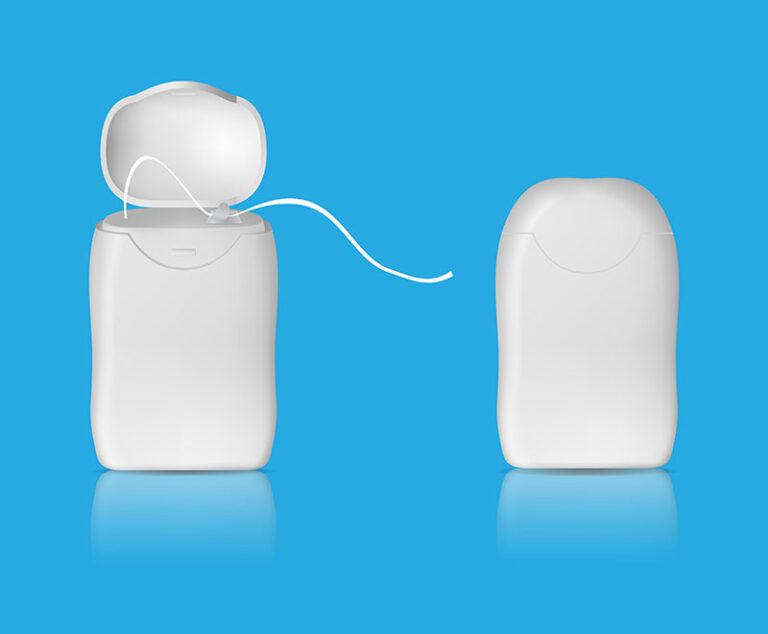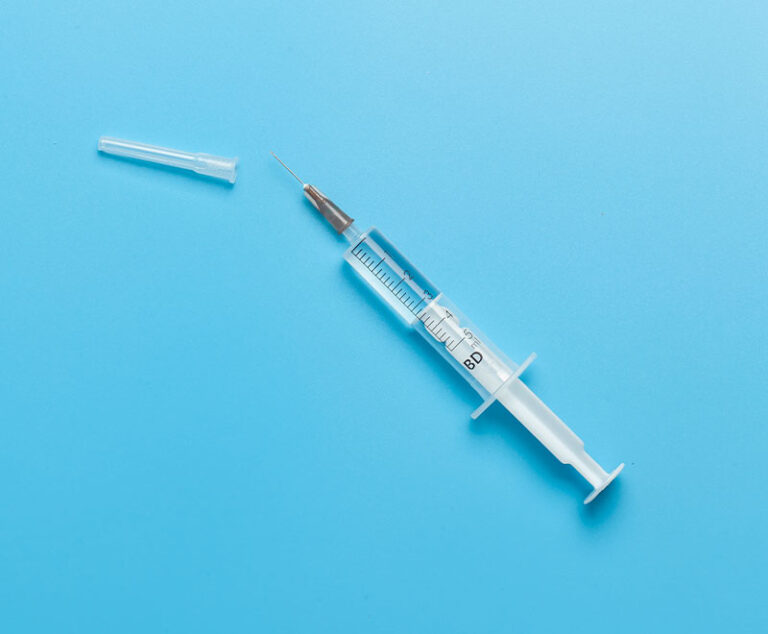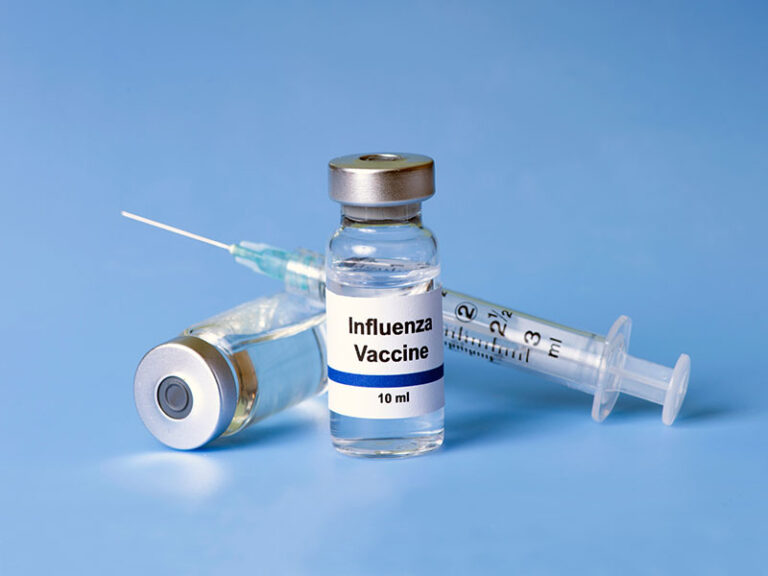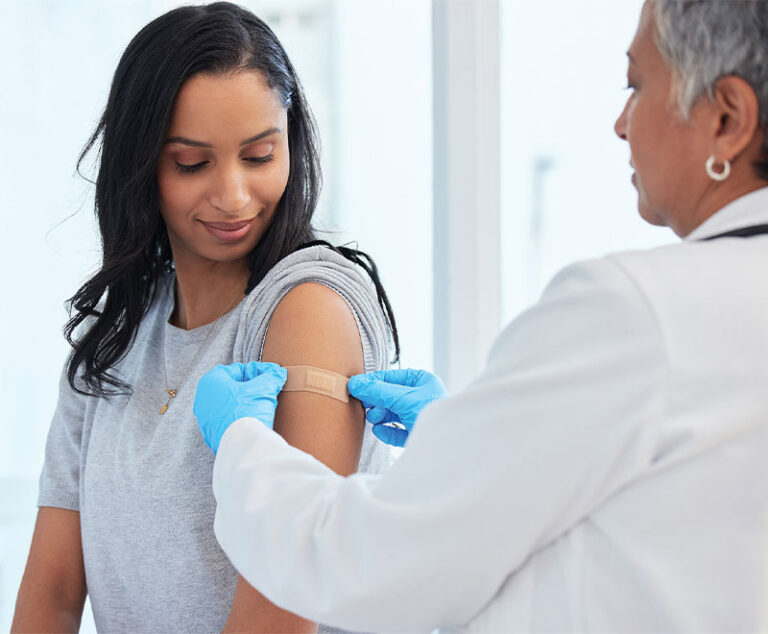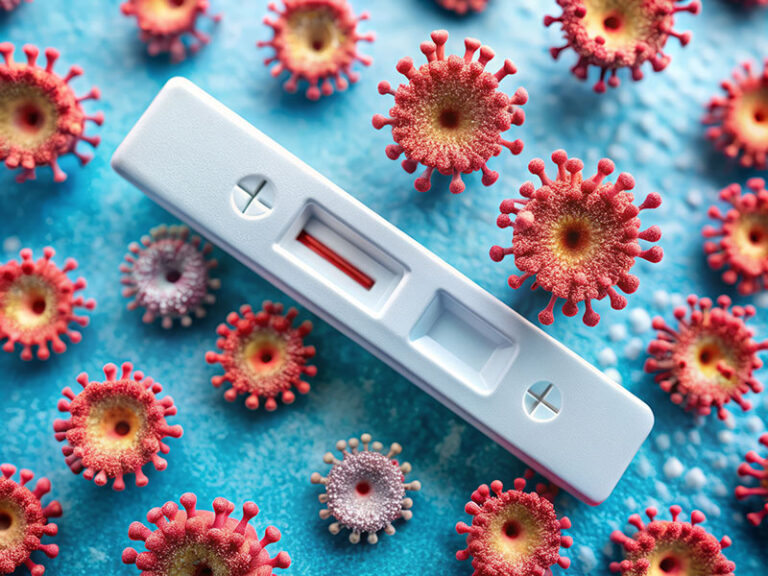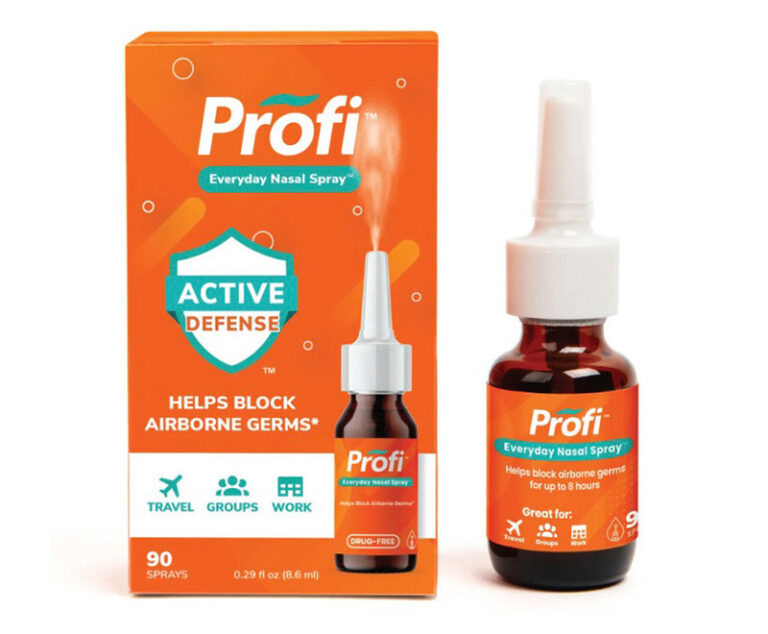Industry News
Research, Science & Manufacturer Updates
Influenza Articles
In a proof-of-concept study, researchers at Texas Tech University successfully vaccinated mice against influenza by cleaning their teeth with dental floss coated with inactive flu viruses.
Moderna’s experimental mRNA-based influenze (flu) vaccine produced a stronger immune response than a currently available vaccine in a late-stage trial, clearing a path forward for the product and the company’s separate combination flu and COVID vaccine.
A new clinical trial shows a single shot of a long-lasting influenza (flu) drug may protect people for an entire season, and it might do so more effectively than vaccines.
In a late-stage trial, Novavax's experimental COVID-19-influenza combination (CIC) and standalone trivalent hemagglutinin nanoparticle seasonal influenza (tNIV) vaccines generated a strong immune response in adults aged 65 and older, similar to already approved vaccines against the viruses.
Scientists at Ohio State University have created an antibody that was successful in protecting a majority of the tested mice from lethal influenza (flu) doses, even preventing some from experiencing any symptoms at all.
A recent study of Moderna’s combination influenze (flu) and COVID-18 vaccine, mRNA-1083, found that it induced higher immune responses than recommended standard care influenza (standard and high dose) and COVID-19 vaccines against all four influenza strains (among those ages 50 to 64 years), the three clinically relevant influenza strains (among those aged 65 years and older), and SARS-CoV-2 (all ages), with an acceptable tolerability and safety profile.
A study led by researchers at Stanford Medicine has shown that variation in vaccine durability can, in part, be attributed to a type of blood cell called megakaryocytes, typically implicated in blood clotting.
Results from a recent study suggest coupling HA molecules from various flu strains could make flu vaccines more effective.
According to a recent study published in JAMA Network Open, the estimated effectiveness of at least one dose of the influenza vaccine against emergency department visits or hospitalization was over 50 percent across disease severity levels among nearly 16,000 U.S. children during five respiratory illness seasons.
The U.S. Food and Drug Administration (FDA) has authorized the first over-the-counter combination COVID-19 and influenza test, the Healgen Rapid Check COVID-19/Flu A&B Antigen Test, outside of emergency use.
Scientists at Harvard Medical School have developed a simple nasal spray, made of harmless ingredients, that can protect people against flu, colds and COVID-19 with near-100 percent success, and it costs just $25.
The first influenza nasal spray vaccine that can be self-administered has been approved by the U.S. Food and Drug Administration (FDA).
